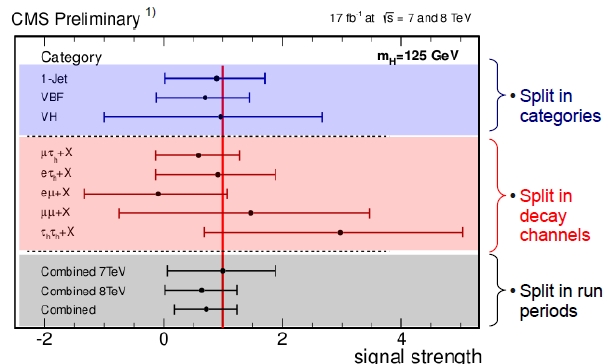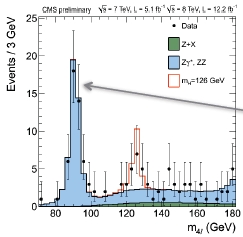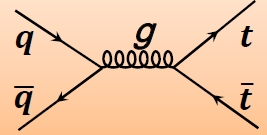 Living At The Polar Circle
Living At The Polar CircleSince 2022, when I got invited for a keynote talk at a Deep Learning school, I have been visiting...
 Conferences Good And Bad, In A Profit-Driven Society
Conferences Good And Bad, In A Profit-Driven SocietyNowadays researchers and scholars of all ages and specialization find themselves struggling with...
 USERN: 10 Years Of Non-Profit Action Supporting Science Education And Research
USERN: 10 Years Of Non-Profit Action Supporting Science Education And ResearchThe 10th congress of the USERN organization was held on November 8-10 in Campinas, Brazil. Some...
 Baby Steps In The Reinforcement Learning World
Baby Steps In The Reinforcement Learning WorldI am moving some baby steps in the direction of Reinforcement Learning (RL) these days. In machine...









